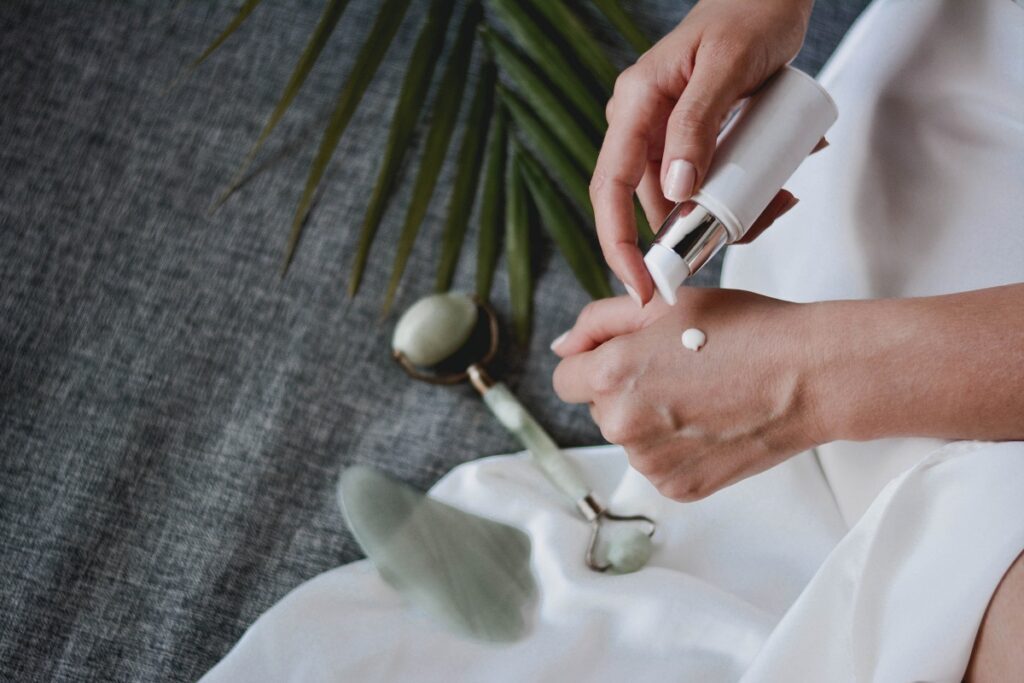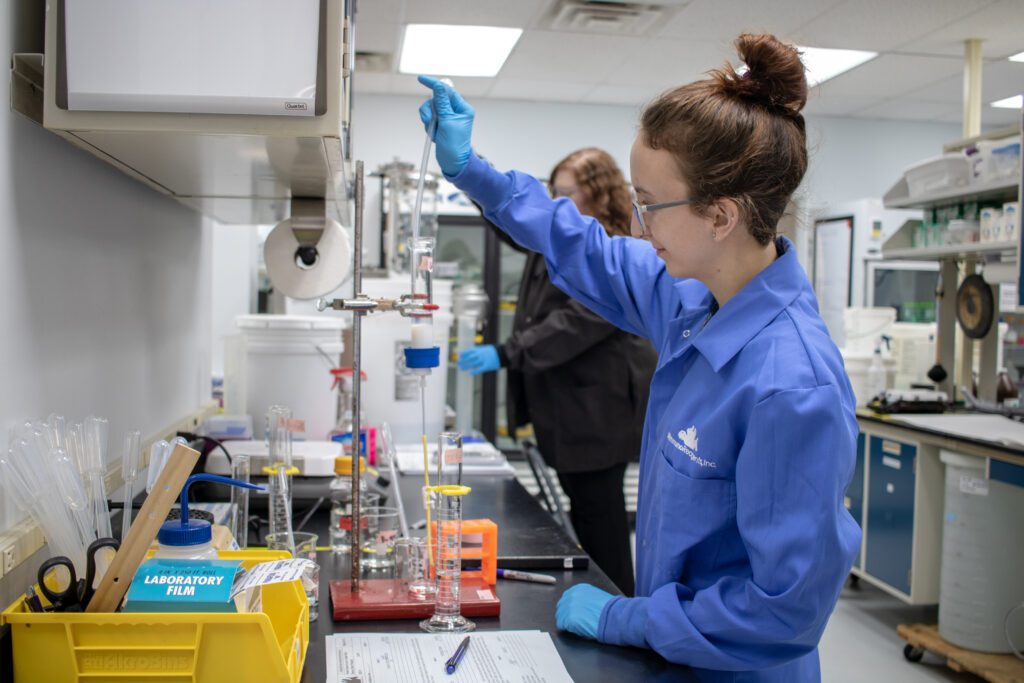Beauty products are becoming healthier for the environment and for customers thanks to biotechnology, which is assisting cosmetics manufacturers in avoiding raw materials originating from animals and fossil fuels, explained a recent report in Nature. And many Biotechnology Innovation Organization (BIO) member companies are producing alternatives to conventional materials and products used in the beauty industry.
Common cosmetic raw ingredients can be replaced with biotech equivalents at a lower cost than animal- or fossil fuel-derived products. According to Nature, the time required to produce a biotech-based cosmetic is less than the time necessary to develop a drug.
“It has to be cost competitive, it has to have the best performance, and it has to have the best sustainability profile,” Annie Tsong, Chief Strategy Officer of Products & Ingredients at Amyris, a BIO member company, told Nature.
One example is squalene, a moisturizing ingredient, which is typically derived from sharks’ livers, including endangered species. However, Amyris developed a biotech substitute by genetically modifying yeast and fermenting it with sugarcane to generate a precise duplicate. (Reese Witherspoon has touted several Amyris products.)
Another example is using microbial fermentation to make a substitute for hyaluronic acid, a moisturizer and skin filler generally that is obtained from the combs of roosters, reports Nature.
To reduce fossil fuels in beauty products, BIO member LanzaTech is converting carbon emissions into ethanol. The product is being used to make packaging for L’Oreal and fragrances for Coty.
L’Oreal’s also using a plant-based biotech version of the “long-lasting” ingredient isododecane in eyeshadows, produced in partnership with startup Global Bioenergies.
Consumers increasingly prefer sustainable products
More and more consumers are considering the environmental impact of their purchases, particularly those in the beauty and fashion industries, and choosing alternatives to conventional products.
“Consumers want to be more sustainable and they’re becoming more aware and doing research around what goes into a product,” Stephanie Michelsen, founder of Jellatech, a biotech startup in Raleigh, North Carolina, told Nature.




